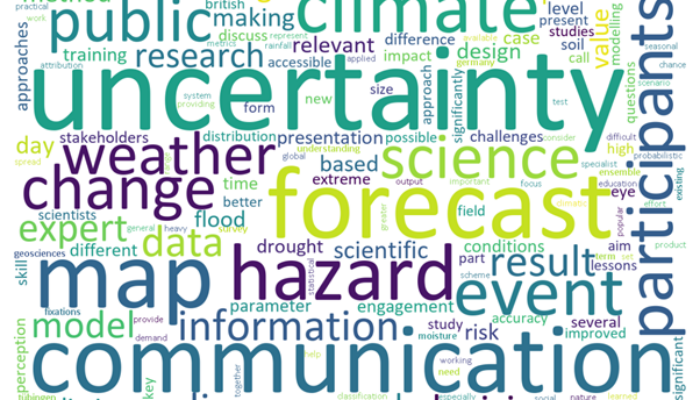Uncertainty in geosciences is an inherent part of scientific processes and assessments, propagating throughout the entire workflow (Pérez-Díaz et al., 2020). As scientists, we are used to seeing error bars, confidence intervals, or statistical indicators that tell us how robust our models or measurements are (Padilla et al., 2021). The challenge arises when we need to communicate these scientific ...[Read More]
Communicating uncertainty to non-experts: A good problem to tackle




